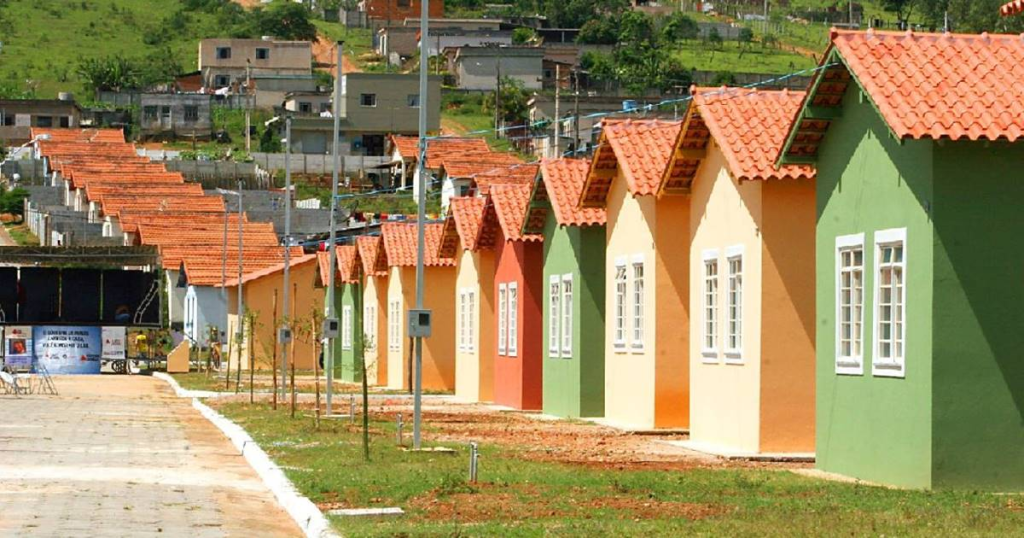Inflation in Brazil is always a matter of concern for the population, as it has a direct impact on basic products, such as food, for example. Thus, the IPCA-15 (Broad National Consumer Price Index 15) rose 0.33% this month.
The information comes from IBGE, which released the data this Tuesday (28). It is worth noting that compared to the previous month, the index rose 0.12 percentage points. See more details about the survey results and find out how this will impact Brazilian consumers.
See more: Metro workers union could be fined R$700,000 due to strike
Inflation rises 0.33%
As previously stated, in November the IPCA rose 0.33%, 0.12 percentage points more than in October, when it registered 0.21%. In other words, with the results the IPCA-15 accumulated 4.84% in the 12-month window.
It is worth noting that these numbers were surprising, given that they exceeded the expectations of the financial market. This is because the expected increase was 0.30%.
Which groups were affected?
It is important to note that when inflation rises, many everyday products also rise. So, see the variation of the groups in the month of November:
- Food and beverages: up 0.82%;
- Housing: increase of 0.20%;
- Household items: increase of 0.24%;
- Clothing: increase of 0.55%;
- Transport: increase of 0.18%;
- Health: high of 0.08%;
- Personal expenses: increase 0.52%;
- Education: increase 0.03%.
Inflation affects basic products
As seen in the previous topic, food was the highlight of the increase, as it recorded the greatest impact on the overall index for the month. The increase of 0.17 percentage points directly affects common foods, those used on a daily basis, such as:
- Onion (30.61%);
- Potato (14.01%);
- Rice (2.60%);
- Fruits (2.53%);
- Meats (1.42%).
In other words, the higher the index, the greater the loss for consumers who need to pay for food, clothing, health and other basic daily costs.
Image: Marcello Casal Junior/ Agência Brasil


